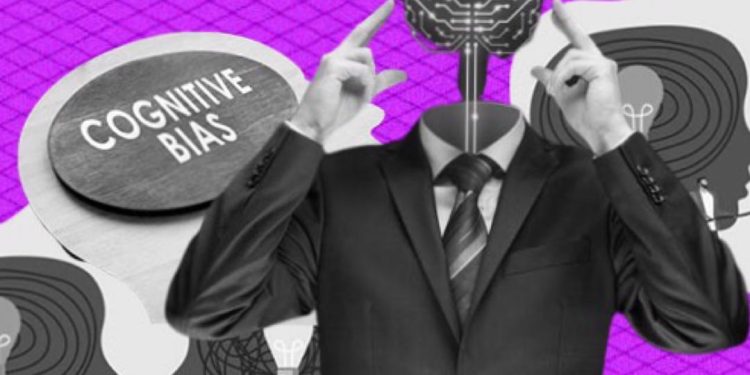Cognitive biases are inherent tendencies or patterns of thinking that can distort our perception, judgment, and decision-making processes. These biases often occur unconsciously and can lead to errors in reasoning or inaccurate interpretations of information. This article explores some common cognitive biases and provides insights into how they influence our thoughts and behaviors.
Confirmation Bias
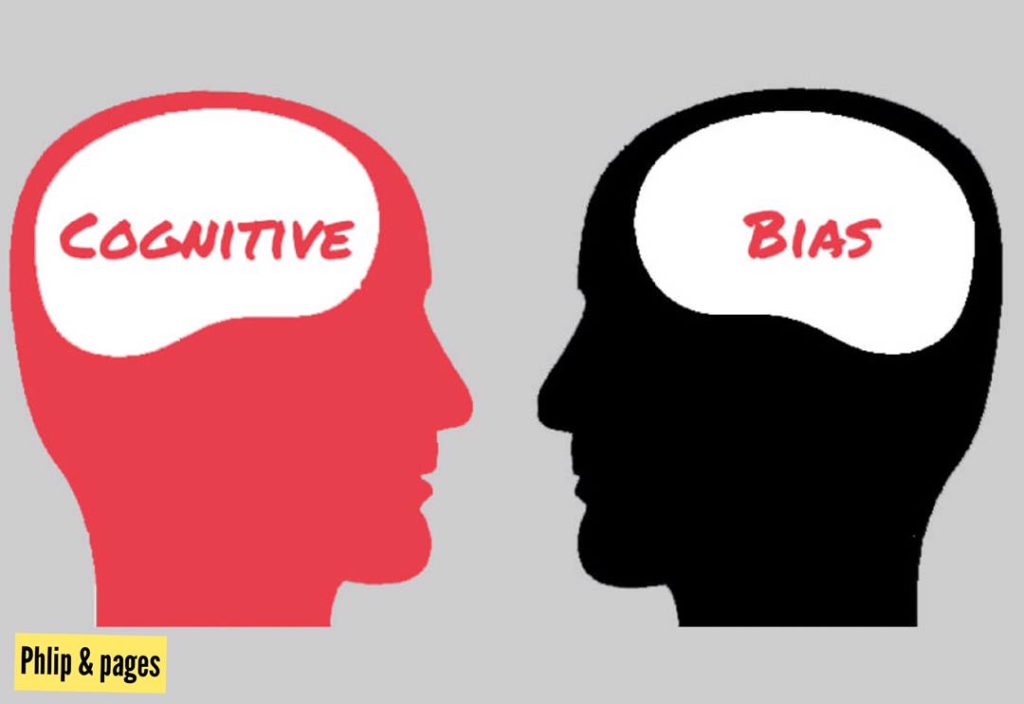
Confirmation bias refers to the tendency to seek out information that confirms our existing beliefs or opinions while ignoring or downplaying contradictory evidence. It can prevent us from considering alternative perspectives objectively and hinder critical thinking.
Availability Heuristic
The availability heuristic is a mental shortcut where we rely on immediate examples or instances that come readily to mind when making judgments about the likelihood of events occurring. We may overestimate the probability of an event if it is easily recalled due to its recent occurrence or vividness, even if it is statistically rare.
Anchoring Bias
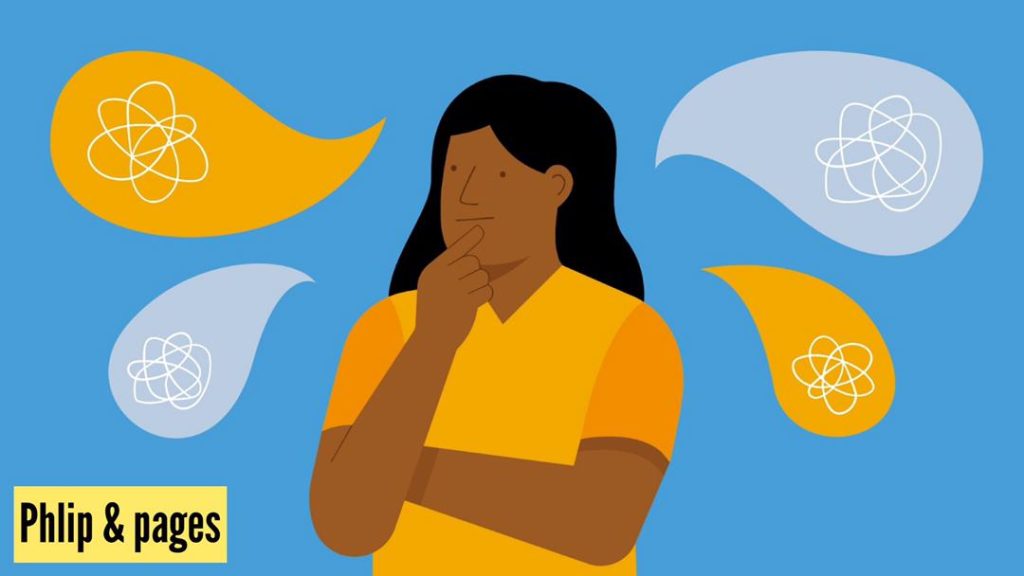
Anchoring bias occurs when we rely too heavily on initial pieces of information (anchors) when making decisions, even if those anchors are arbitrary or irrelevant. The first piece of information encountered tends to shape subsequent judgments, leading to biased outcomes.
Overconfidence Effect
The overconfidence effect refers to individuals’ tendency to have unwarranted confidence in their abilities, knowledge, or judgments. People often overestimate their accuracy and underestimate risks associated with their decisions due to this bias.
Bandwagon Effect
The bandwagon effect describes the inclination for individuals to adopt certain beliefs or behaviors because many others do so as well. This bias stems from social conformity and the desire for acceptance within a group rather than independent critical evaluation.
Framing Effect
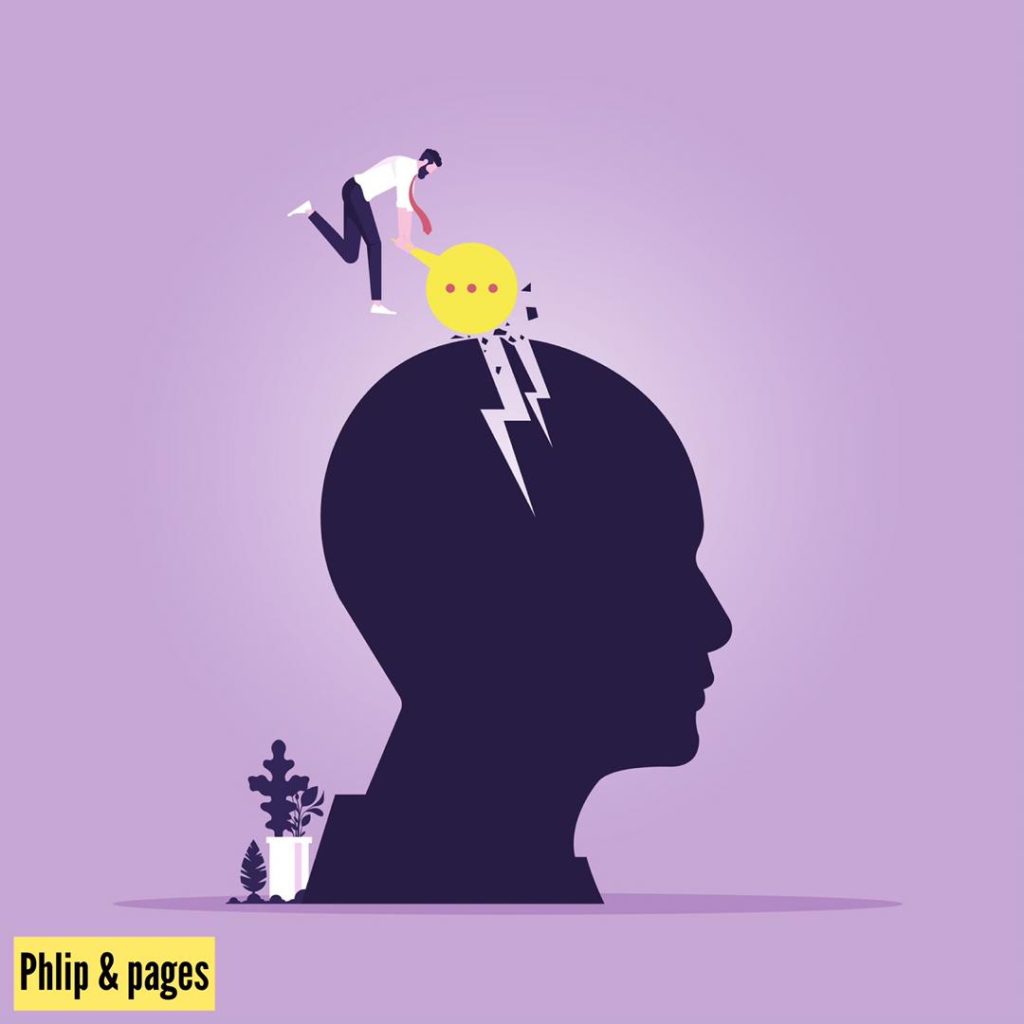
Framing effect refers to how different presentations (or frames) of the same information can significantly impact decision-making outcomes. The way choices are framed—whether emphasizing potential gains versus losses—can alter people’s preferences despite identical underlying options.
Sunk Cost Fallacy
The sunk cost fallacy is the tendency to continue investing time, effort, or resources into a situation or decision solely because of previously invested resources. People often feel reluctant to abandon endeavors even when evidence suggests it would be more rational to do so.
Conclusion
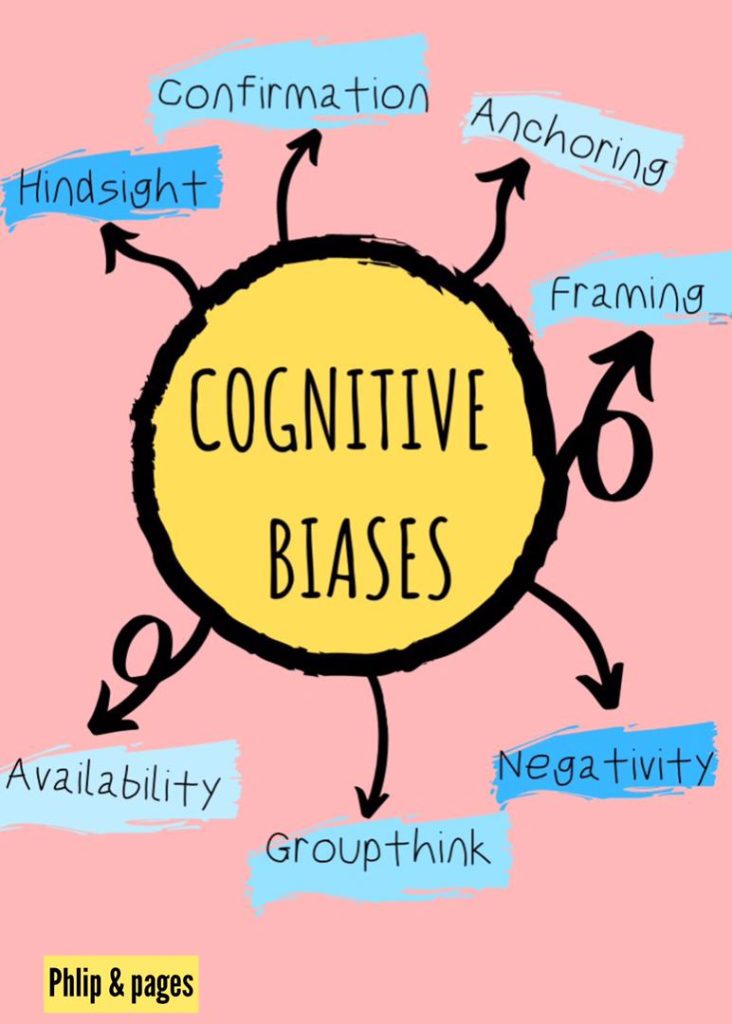
Cognitive biases are systematic errors in thinking that can influence our judgment and decision-making processes. Being aware of these biases is crucial for critical thinking and making informed choices. By recognizing their presence, we can strive for more objective analysis, seek diverse perspectives, challenge our assumptions,and actively consider alternative viewpoints. Developing mindfulness about cognitive biases empowers us to navigate complex information environments more effectively and make decisions based on sound reasoning rather than unconscious mental shortcuts


